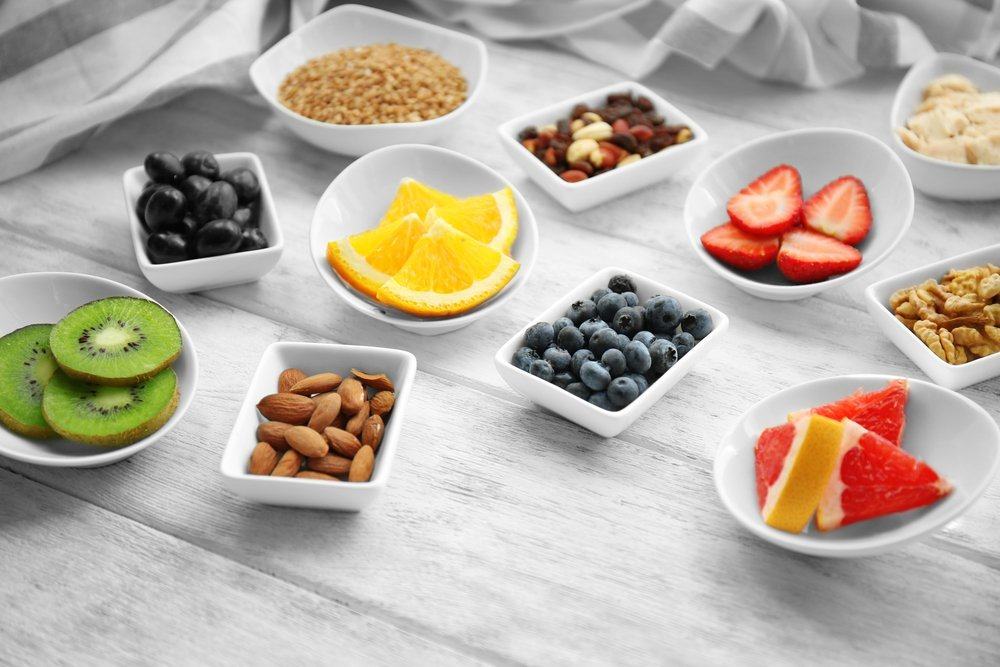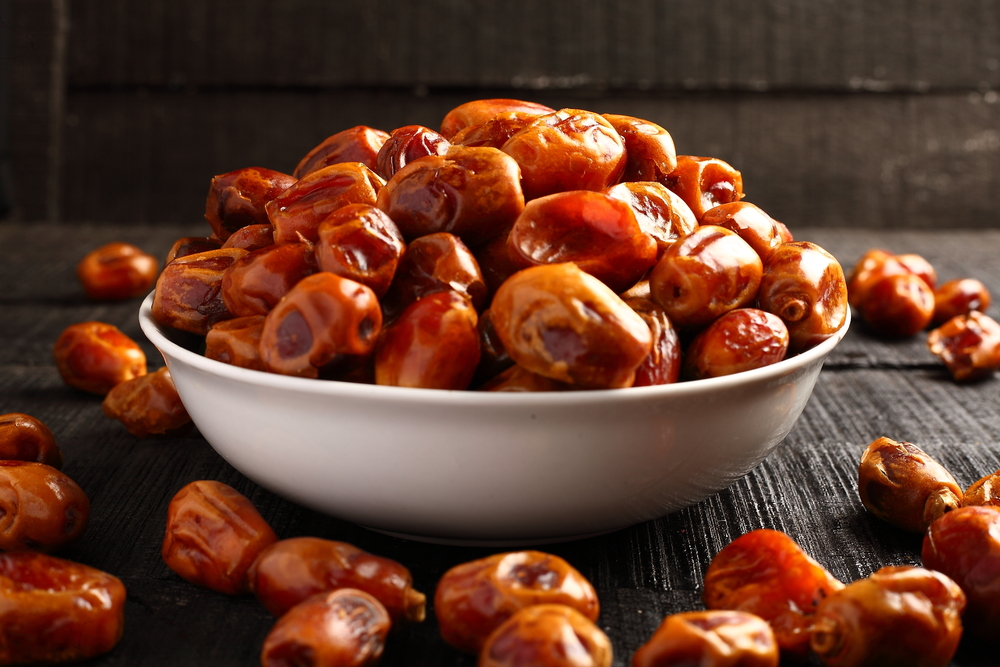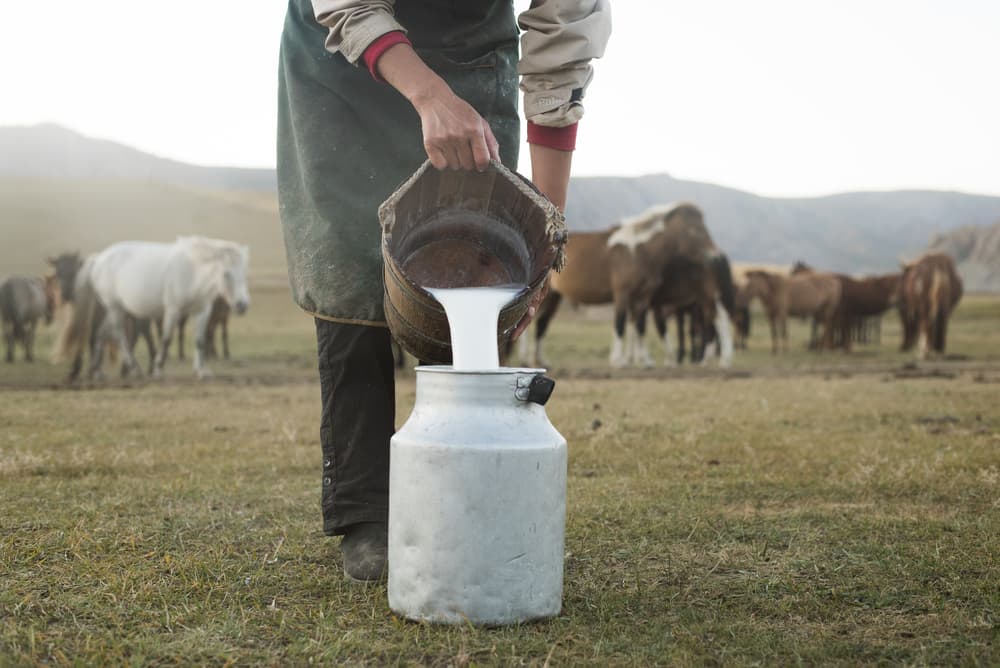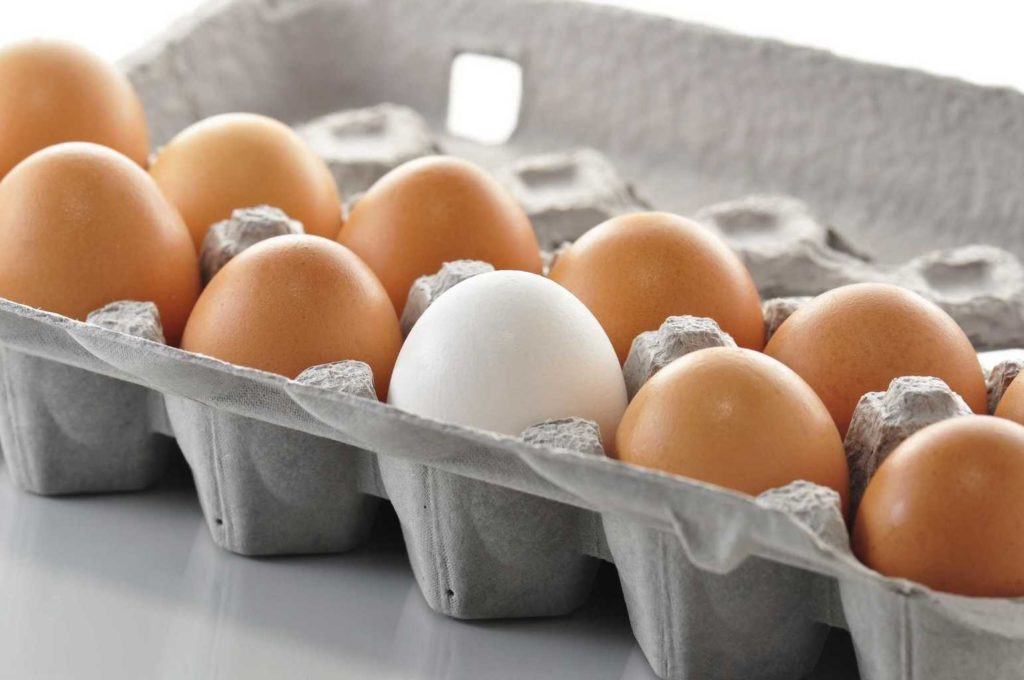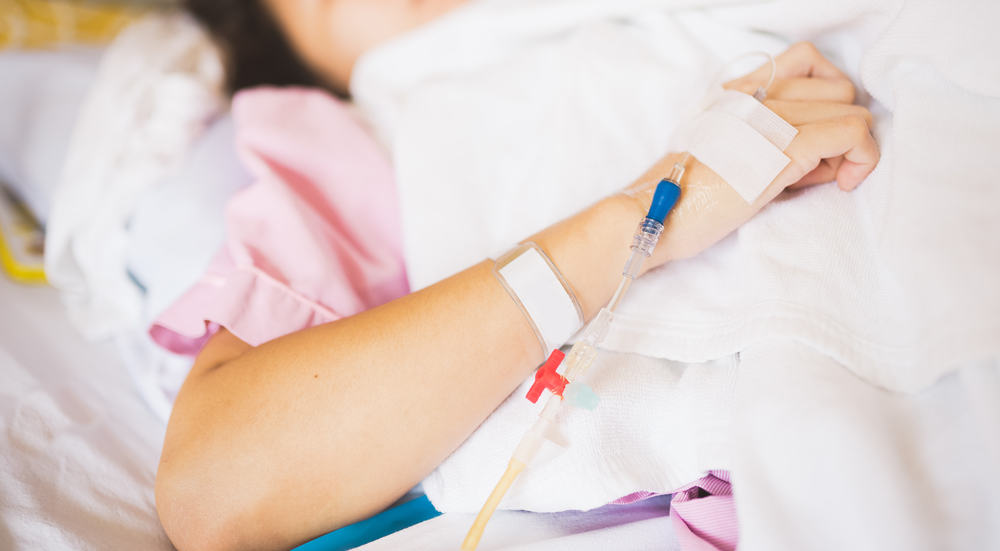Contents:
- Medical Video: How to Lose Weight and Get More Energy in 15 Days
- Low-calorie diet, a type of healthy diet to lose weight
- What is the purpose of a low-calorie diet?
- How to do a low-calorie diet?
- 1. Low energy
- 2. Protein is a little more
- 3. Adequate or moderate fat
- 4. Complex carbohydrates
Medical Video: How to Lose Weight and Get More Energy in 15 Days
Having excess weight may be a problem for most people. Many people do various things to lose weight, from dieting, strict exercise, to taking drugs or herbs. But is this effective in losing weight? Is the diet you are currently living on a healthy diet and does not have a negative impact on health? One diet that is recommended for people who are overweight or obese is a low-calorie diet.
Low-calorie diet, a type of healthy diet to lose weight
A low-calorie diet is a diet whose energy content is below normal requirements, but with enough vitamins and minerals, and contains lots of fiber which plays an important role in the process of weight loss. The caloric needs of each person vary, depending on age, level of physical activity, health status, gender, and their mental condition - experiencing stress or not. But in general, the calories needed for adults are an average of 2000 calories.
Because everyone has their own needs, their needs may be less or more than 2000 calories.But for people who have excessive weight, whether it's fat or obesity, normal calorie needs must be reduced so that the body weight returns to normal and ideal numbers. Calorie reduction is not just done without calculation, but the body still needs energy to carry out all of its bodily functions and this is obtained from fulfilling its calorie needs.
READ ALSO: Want to lose weight? Try eating more than 3 times a day
What is the purpose of a low-calorie diet?
A low-calorie diet is focused on reducing a person's weight and making his weight normal, but not only that, here are the goals of other low-calorie diets:
- Achieve and maintain nutritional status according to age, gender, and physical needs. Although in this diet, the caloric needs are reduced, but the reduction done is not extreme and does not cause a negative impact on the body.
- Achieve the ideal body mass index which is 18.5-25 kg / m2
- Reducing energy intake, so that weight loss can be achieved and it is estimated that the weight will decrease by about 1 to 1/2 kg in one week. Not only that, also make sure that what is reduced from the body are fat cells that store fat in the body, especially at the waist and abdomen.
How to do a low-calorie diet?
If indeed you want to try a low-calorie diet to reduce your weight, the conditions that must be done are:
1. Low energy
As mentioned before, energy must be reduced gradually. This stage is also adjusted to the eating habits, quality, and quantity of food eaten. To lose as much as 1/2 to 1 kg in one week, the energy that must be reduced is around 500 to 1000 kg / m2.
2. Protein is a little more
That is around 1-1.5 gr / kgBB / day, equivalent to 15-20% of total needs. If you have a low calorie diet of 1500 calories, eat 56 to 75 grams of protein a day. This rather higher portion of protein is intended to prevent you from starving, because protein can make hunger appear a little longer.
Recommended sources of protein are lean meat, skinless chicken, eggs, smoked meat, milk and cheese that are low in fat, tempeh, tofu, soybeans, and various other nuts served without cooking oil. As for the types of protein that must be avoided are all foods that are high in fat, such as chicken skin, goats, offal, and thick coconut milk.
READ ALSO: Vegetable Protein and Animal Protein, Which Is Better?
3. Adequate or moderate fat
With a portion of fat as much as 20-25% of the total calorie needs per day. So, if your low-calorie diet is 1500 calories, then the fat you have to consume in a day is around 33 to 41 grams of fat in one day.
However, don't forget to look at the source of the fat you eat. The most important thing here is the selection of the right fat, try to take a source of fat containing polyunsaturated fat foods that are high in levels. Examples of sources of fat that must be avoided are coconut oil, coconut, and coconut milk.
4. Complex carbohydrates
What is regulated is lower than the normal portion of the day, which is as much as 55-65% carbohydrates. Also choose the types of complex carbohydrates that make blood sugar levels increase immediately. The recommended source of carbohydrates is the type of complex carbohydrates, namely rice, sweet potatoes, cassava, taro, potatoes, and cereals. While foods that are not recommended are eating simple carbohydrates consisting of sugar.
In addition, a low-calorie diet is also recommended to:
- Eating heavily 3 times and 2-3 times is a snack
- Vitamins and minerals are sufficient according to your needs.
- The liquid that must be consumed every night is 8-10 glasses / day.
- Other types of food that must be avoided, namely for fruits, avoid durian, candied fruit, or canned fruit. While all types of vegetables can actually be eaten, but avoid vegetables cooked with thick coconut milk.
READ ALSO: 8 Diet Rules Are Wrong

